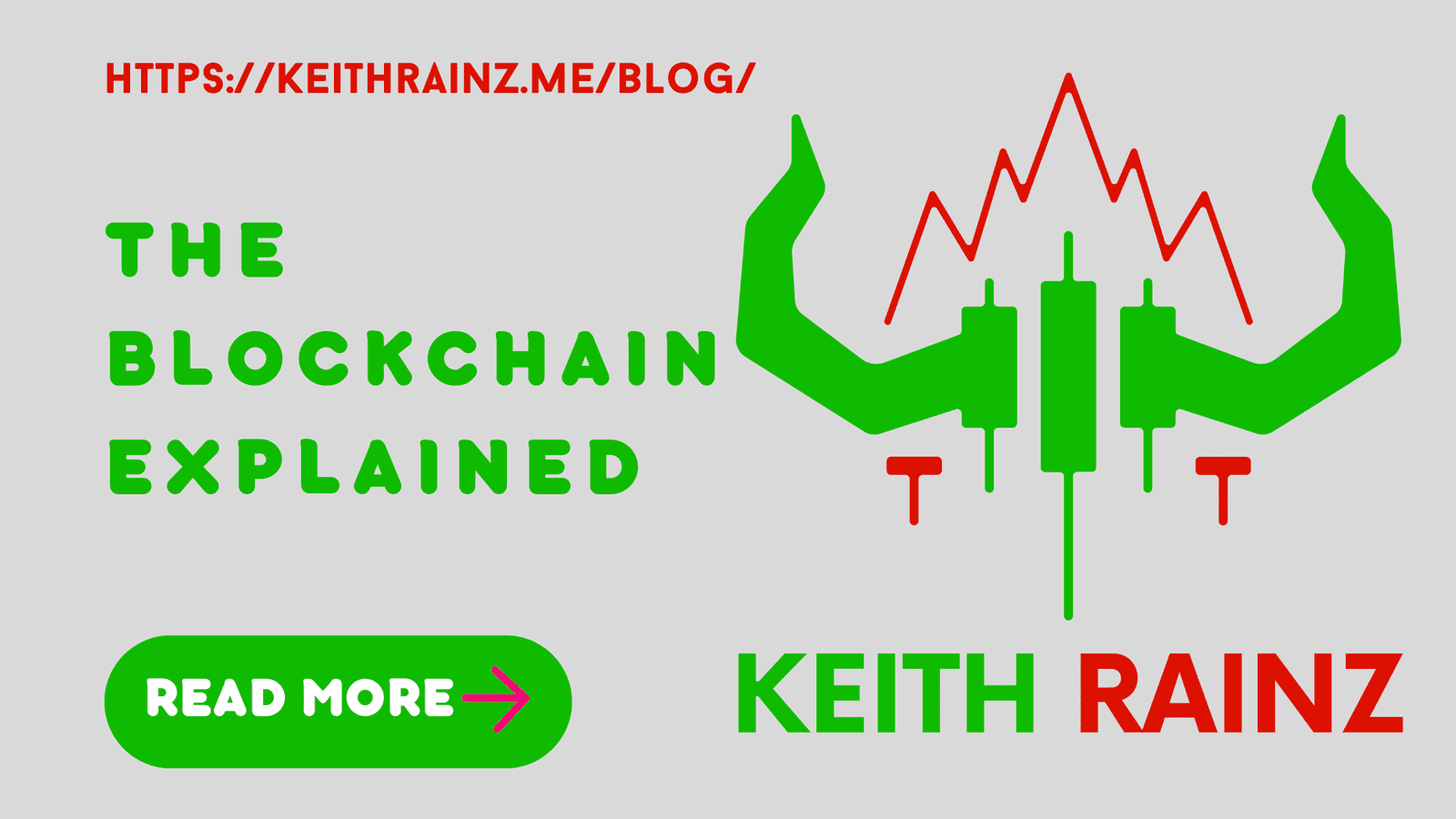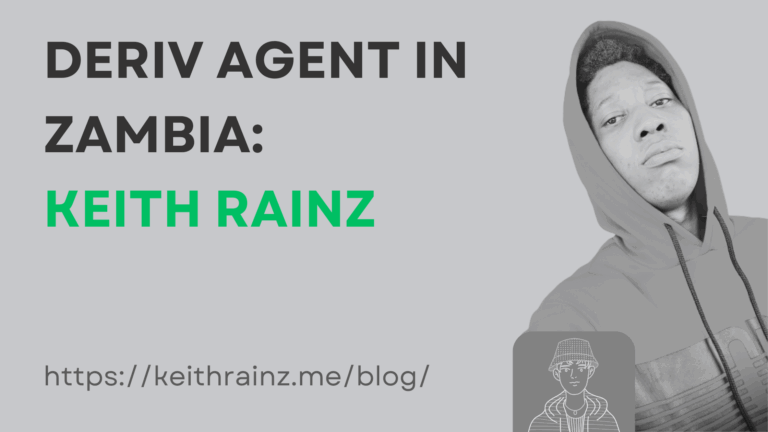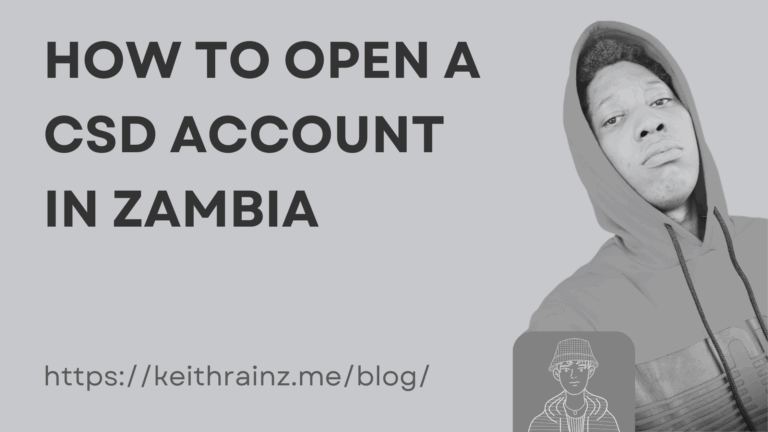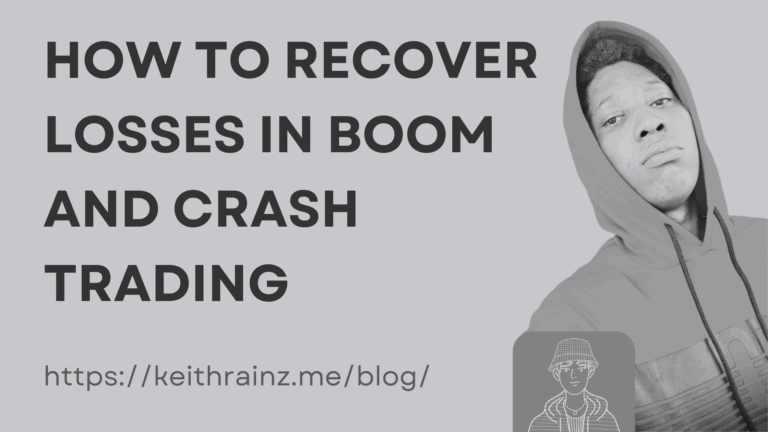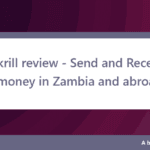The blockchain is a decentralized ledger that keeps track of certain information. The blockchain is a ledger that is organized as a chain of blocks, each of which holds a specific amount of records. The blocks are cryptographically connected together. Each block includes a reference to the previous block in order to maintain the ledger’s integrity.
The blockchain is shared by a network of peers rather than being stored in a single centralized location for use as a distributed ledger. That is to say, everyone has their own copy of the blockchain on their computers. When the blockchain needs to be changed, there are numerous techniques that may be used to reach an agreement and verify the modifications. A majority vote is required for any changes. Even if one person modifies a blockchain, the data remains safe since everyone else will use the version of the blockchain that the majority uses. A distributed ledger technology’s fundamental protective method is this. There are different consensus techniques, but they all render the system incorruptible in general.
Advantages of blockchain technology In Africa
One of the most significant advantages of blockchain technology suppliers is security. There is no single point of failure with distributed ledger technology since there is no one database that stores the entire chain of information. If one copy of the blockchain infrastructure is hacked, it has no impact on the rest of the network. To have negative implications, more than half of the network must be hacked, and even then, the remaining of the network would simply continue as a distinct chain, unaffected by the rest.
Another amazing aspect of blockchain technology for blockchain enterprises is transparency. Due to the lack of a single administrative entity, all network participants have access to all information. Furthermore, everyone can see the entire chain at all times. This leads to a second benefit: traceability. It may be difficult to detect the cause-and-effect link between all actions with other technology. Because blockchain records all linked activity, it’s easier to track transactions or activities all the way back to the genesis block, or the first block ever added to the chain.
Another benefit of blockchain technology is its speed. In comparison to other traditional techniques, if the platform is set up correctly and is designed to sustain heavy demand, it will increase the pace of transactions (or adding data to the ledger). Traditional transactions involve intermediaries, sometimes multiples. As a result, the transaction could take days to complete. Transactions might be performed instantly with a blockchain system, regardless of the distance between the sender and the recipient. Transactions do not have to be monetary; they can simply be new records added to the chain.
The cost of transactions is closely tied to the prior issue. There are fees connected with using middlemen or third-party organizations to provide services, which dramatically raise the cost. To add a new record to the blockchain, blockchain service providers charge a small fee in the local (to the platform) cryptocurrency. These fees are significantly lower for contemporary systems.
Uses of blockchain infrastructure in Africa
The blockchain’s most evident and widely adopted use-case is for transactions. For many processes, technology eliminates the need for middlemen. People can’t readily exchange digital money in a world without the blockchain because there’s no guarantee that the person on the other end of the transaction would fulfill their obligations. Furthermore, there is the issue of double-spending. This means that there is no way to ensure that the owner of digital money will not spend it more than once without the help of a third-party guarantee. As a result, the necessity for an intermediary emerges. Banks and other financial organizations are currently filling this role. There is no need to trust anyone because blockchain is absolutely trustless. The network will ensure that the correct transactions are carried out in the correct order.
Transactions are simply a small part of what this new technology has to offer. It has a lot more to offer, which has yet to be discovered. The scope of Blockchain 2.0 is much broader than that of cryptocurrencies. Smart contracts can be launched using newer platforms like as Ethereum. These are more complex goods with pre-programmed rules that self-execute in a timely manner. There is no single classification system for these instruments. To put it another way, whatever terms are contained in the smart contract will be carried out. These mechanisms are more secure and dependable than regular contracts. Furthermore, smart contracts enable the technology to be applied to a wide range of commercial scenarios.
Supply chain management could be a more particular use-case for sectors that don’t always prioritize transactions. It is feasible to track the status, movement, and other attributes of physical assets by tokenizing them, that is, assigning a digital record to each physical asset. When it comes to supply chain management, blockchain not only improves openness and efficiency, but it also improves traceability. This means that with a consistent ledger of records, it is easier to identify what path each product took than it is with fragmented management systems.
Blockchain’s traceability makes it an excellent contender for another application, accountancy. It goes without saying that accounting data could be stored in an electronic ledger of records. Accounting in this manner would also make auditing the company easier because all data would be maintained in a single, easily accessible ledger.
The applications of blockchain technology are nearly unlimited thanks to smart contracts. People are considering it for voting reasons in some circumstances. Others aim to use blockchain technology to supply energy. Using DLT for energy could result in resource savings because each household’s usage could be tracked and electricity could be shifted to each as needed. Some perceive it as a way to store user information. Users’ data, such as their credit score or medical information, is now maintained in company databases. Users can reclaim control of their data with blockchain and only share it with third-party firms when they see fit. This dramatically improves the privacy of users. There are a plethora of different applications for blockchain technology.
Who are blockchain providers in Africa and how to choose one?
Providers of blockchain solutions are based on a business need. There are solutions that can assist businesses in creating a blockchain platform from the ground up. Businesses will rarely need to create a new blockchain with smart contracts. This procedure is costly and time-consuming to develop. Of course, there are times when a company needs to create a new blockchain from scratch. This may be the situation if they wish to create a tiny private chain with only a few participants.
In most circumstances, businesses will have to use current blockchain platforms to implement their solutions. There is a large selection of things to pick from in this scenario. Various platforms can be employed depending on the needs of a business. It is critical to explicitly define the priorities while selecting a platform. A alternative approach can be employed if speed is the most critical factor for the firm. If privacy or openness are important to you, the supplier you choose may be very different.
There’s also the situation where a corporation doesn’t want to create its own blockchain and doesn’t have the expertise or knowledge to use existing platforms. A whole new set of providers enters the picture in this instance. The services offered by these companies are diverse. The technology and talent set of such solutions are their main assets. They could construct a product on top of an existing platform, depending on the provider.
Finally, based on the needs of the consumer, there are many sorts of blockchain providers. Some organizations can assist in the creation of a blockchain from the ground up, while others can assist in the use of existing platforms to provide new business solutions. Choosing a supplier is mostly determined by the company’s resources and the type of product it is attempting to build. It would be preferable to create a different network for use in circumstances where a business requires complete control and ownership of the blockchain. If a corporation wants to create a project on blockchain, and the key benefits it seeks are speed and transparency, it will almost certainly be easier to use an existing platform. In reality, the majority of ICOs operate in this manner. They launch their own projects on an existing platform. Aside from these two alternatives, there are a variety of solutions that can assist businesses in incorporating blockchain technology into their business processes in a variety of ways. There is no way to categorize these solutions, just as there is no way to tally the number of applications for blockchain technology.
